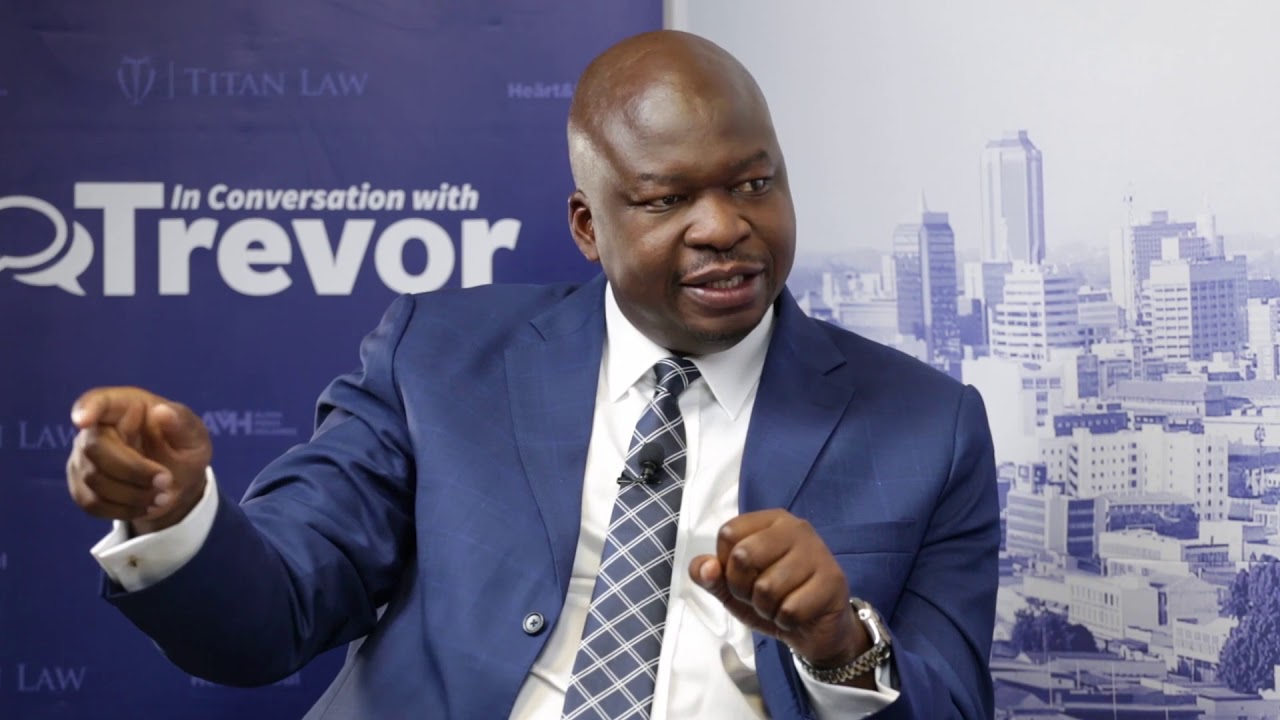Govt makes changes to forex loans repayment regime
TREASURY will put a provision in new legislation codifying the use of US dollars and the local currency to allow banks to recoup foreign currency loans in forex to prevent losses.
As the local currency continues to depreciate, reaching US$1: $720 on the parallel forex market in the past few days from about US$1:$650 last week, borrowers have increasingly been turning to greenback loans.
However, with the current framework in place, borrowers can repay forex loans in local currency at the prevailing auction or interbank forex rates.
Banks have been reporting write downs due to the policy.
During a press conference announcing new economic measures on Monday, the Finance and Economic Development permanent secretary George Guvamatanga said the Treasury would make it legally binding for banks to be repaid US dollars.
“One other thing that we are saying is to say if you are going to go to the banks and borrow in US dollars, you will have to repay in US dollars because banks were also very much concerned about lending in US dollars,” he said.
“They were worried that you could borrow today in US dollars and in two or three years from now come and want to pay in local currency thereby affecting their balance sheet. So it’s another measure that we are actually entrenching in the legislative framework. We did not have that provided in the previous framework that we had.”
Looking at the central bank’s April economic monthly review, domestic credit to the private sector rose nearly 15% to $367,18 billion from a March comparative of $312,32 billion.
In a year on year comparison, the increase was nearly 241% up on April 2021’s comparative $107,77 billion.
“Credit to the private sector mainly benefited the agriculture and household sectors, which received 26,06% and 22,09% of the total credit, respectively. The manufacturing and distribution sectors also received 12,08% and 11,48%, respectively,” the RBZ said.
“Credit to the private sector was largely channeled towards inventory build-up, 32,56%; other recurrent expenditures, 29,37% and fixed capital investments, 16,28%,” the report added.
Bank says the growth is attributed to a rise in foreign currency loans.
The annual growth in broad money to $671,37 billion in April was up from a prior year and month comparative of $262,08 billion and $589,09 billion, respectively. This was largely driven by increases of 263,17% and nearly 241% in net claims on government and credit to the private sector, respectively, compared to the 2021 comparative period.-newsday











